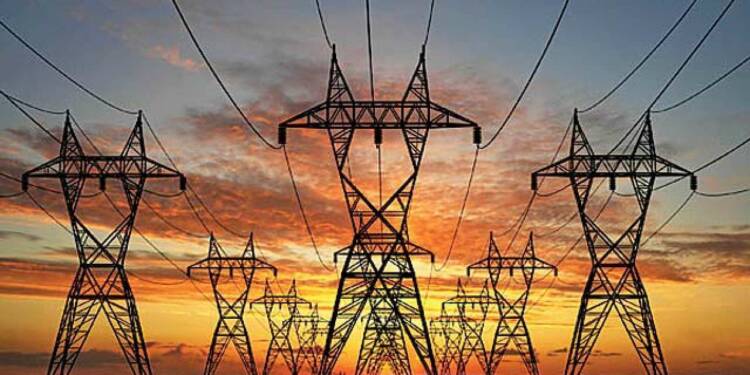We all remember the kind of problems the consumers used to face before changing the telecom operator from one company to another. From updating the contact number to emotional blackmail by the sales manager of the company which the consumer is leaving, it was a hell of a task to change the telecom operator.
However, once the sector was privatized in the country, the consumers had multiple options, and later Telecom Regulatory Authority of India forced them to bring simple portability standards. Today, one can port the same contact to another telecom operator without any hassles.
Whenever a company has a monopoly, the consumer is the expense. However, there are multiple sectors in which the consumers of the country have to face monopoly, and electricity connection is one of them. In the majority of the areas around the country, there is a monopoly of the state transmission companies, and even if the consumers are seeking an alternative that offers better services even if charge more, they cannot.
Therefore, the union government has brought the Electricity (Amendment) Bill, 2021, to ensure that the electricity consumers across the country have an alternative power transmission company and there is full portability between different power sellers.
The power sector is dominated by publicly-owned transmission companies. The government needs to ensure that players like Adani, Tata, who are currently limited to Gujarat and Western Maharashtra, expand to states around the country. Only when there are enough private players available, there will be more competition to get the customers and the sector will overcome the inefficiency with which it operates now.
The scheme was first time proposed during the Union budget presentation in February by the finance minister. “The distribution companies across the country are monopolies, either government or private. There is a need to provide choice to the consumers by promoting competition. A framework will be put in place to give consumers alternatives to choose from among more than one distribution company,” said Union Finance Minister in the budget speech.
Later power minister gave a detailed briefing over the matter to the media and explained how power distribution company portability is going to be as easy as mobile number portability.
“People do not have any option if the power distribution company is performing badly or there is too much load-shedding. There is no system of solving their complaint. We are bringing a system in which more than one company will operate in each area and whoever provides better service, people can opt for that,” said Power Minister R K Singh when the idea was floated during the budget presentation.
“It’s the same as for mobile services. When a mobile operator does not perform well, people have the option of switching to another service provider,” he explained.
Since the second term started, the Modi government has focused on infrastructure building in India – be it power infrastructure, road infrastructure, railway infrastructure, or sewage and drinking water infrastructure. The finance minister highlighted the focus on power distribution infrastructure during the budget and said, “The viability of distribution companies is a serious concern. A revamped, reform-based, results-linked, power distribution sector scheme will be launched with an outlay of Rs 3,05,982 crore over five years. The scheme will provide assistance to discoms for infrastructure creation, inclusion of prepaid smart metering, feeder separation, upgradation of systems etc.”
India still has one of the lowest electricity consumption per capita, and given the fact, power consumption is directly proportional to GDP growth, the government is trying to reform the sector. The Electricty (Amendment) Bill, 2021 seeks to bring many path-breaking reforms in the sector that would incentivize the growth of the sector.


























